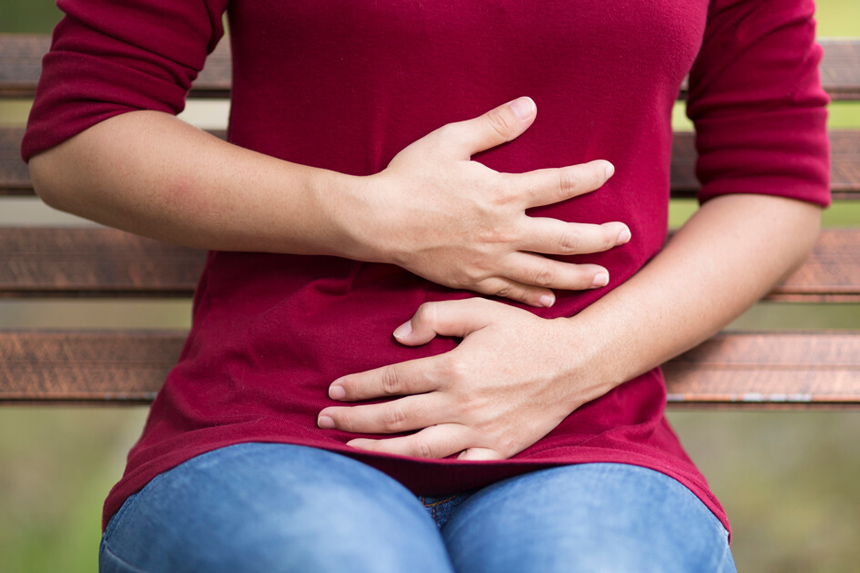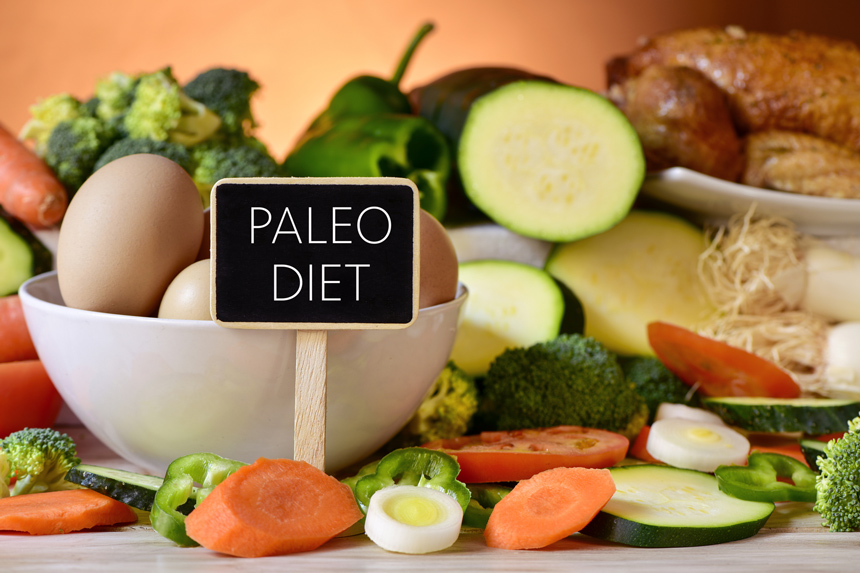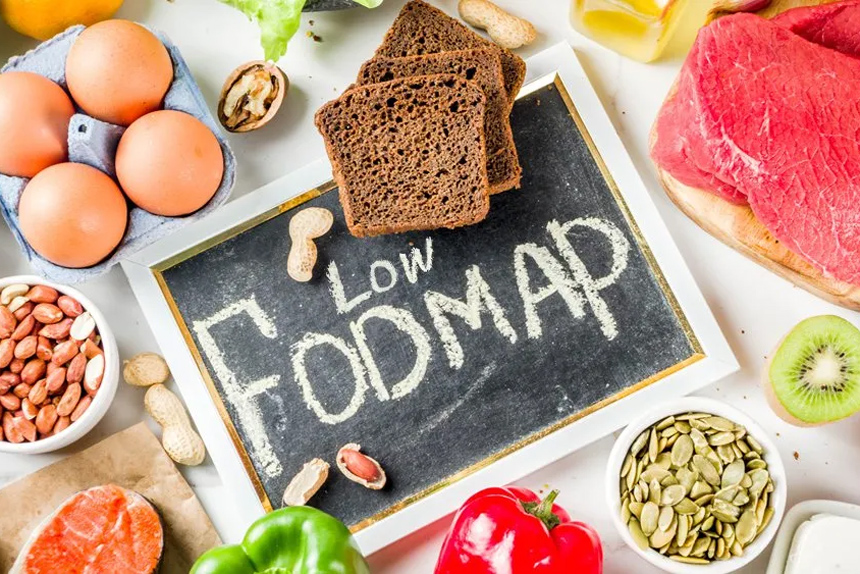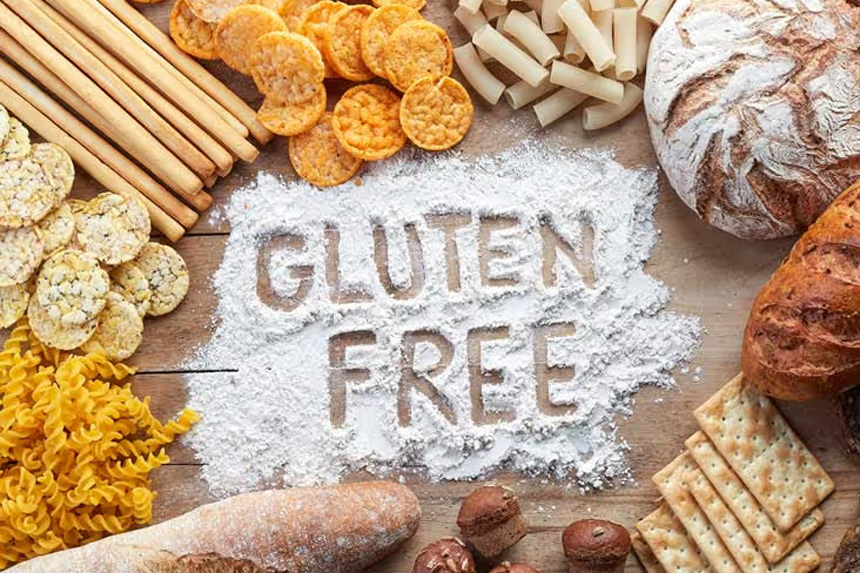Dietary Approaches to Managing Ulcerative Colitis
The Mediterranean Diet

Focusing on fish, fruits, vegetables, and olive oil, the Mediterranean diet includes red meat in minimal amounts. Research from 2021 supports its potential to reduce disease activity and aid remission in IBD patients, although more comprehensive studies are necessary to validate these outcomes. [2]
The Paleo Diet

Adopting a hunter-gatherer approach, the paleo diet emphasizes lean meats, fish, fruits, and it excludes grains, dairy, and refined sugars. A 2017 study showed promising results, with a significant proportion of participants entering remission. However, due to the small sample size, further research is needed to confirm these findings. [3]
The Low FODMAP Diet

The low FODMAP diet aims at reducing the intake of sugars and carbohydrates poorly absorbed by the gastrointestinal tract. A 2020 study highlighted that although this diet does not decrease gastrointestinal inflammation, it can alleviate the severity of IBD symptoms in the short term. This insight underscores the diet’s role in symptom management rather than long-term disease control. [4]
The Gluten-Free Diet

For UC patients sensitive to gluten, a protein in grains like wheat, rye, and barley, a gluten-free diet might improve symptoms. A 2014 study reported symptom improvement in over 65% of participants adhering to a gluten-free diet, highlighting its potential benefit despite the need for further research. [5]
The Low Fiber Diet

Previously known as the low residue diet, this approach limits high-fiber foods the body struggles to digest, potentially easing stomach lining irritation. Despite being removed from the American Academy of Nutrition and Dietetics Nutrition Care Manual due to insufficient evidence of its benefits, some individuals with UC may find it offers digestive relief.





